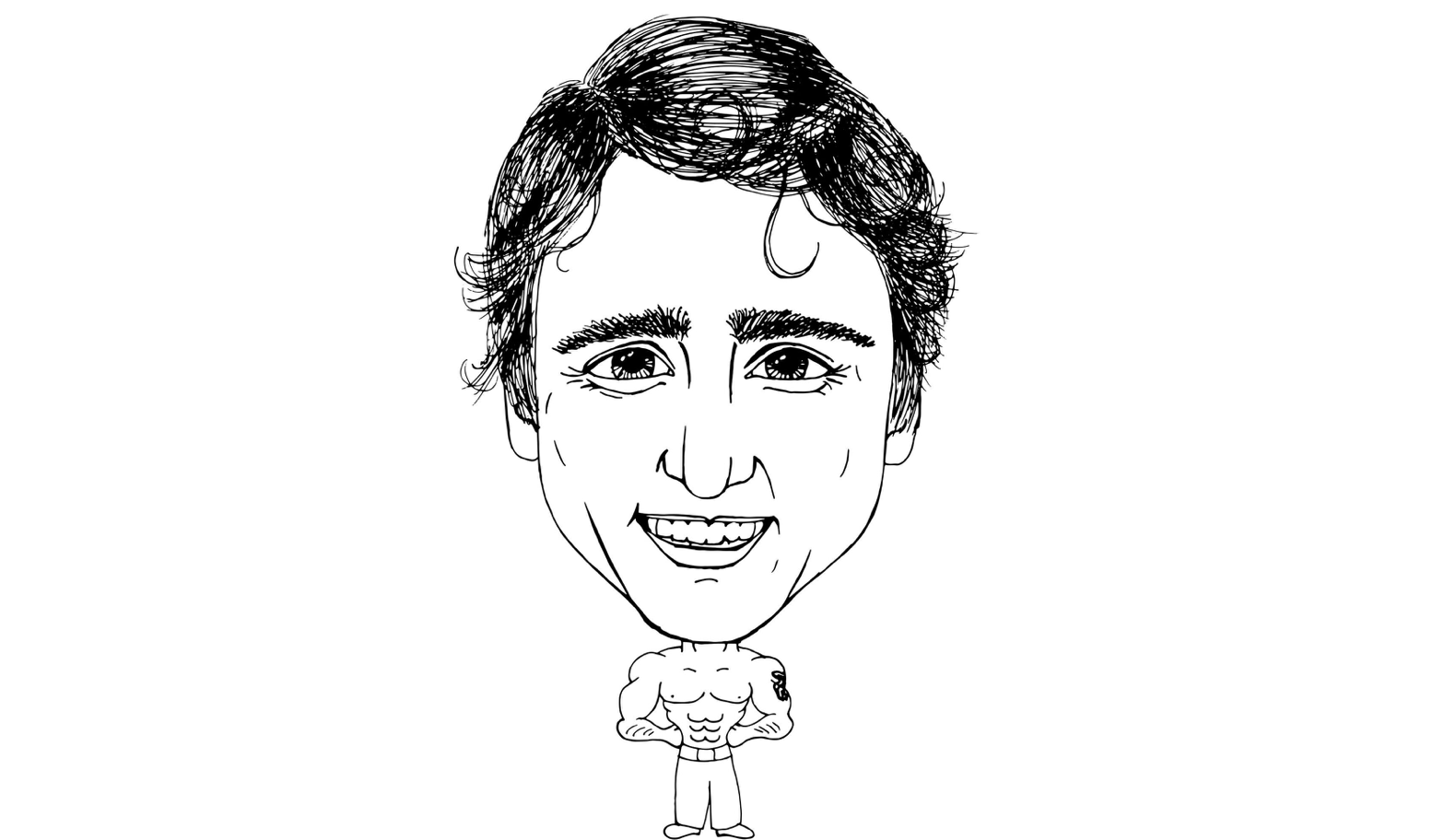Electoral reform and Canadian democracy
An exploration into the possibility of a new electoral system and what is to come
In most liberal democracies, elections are seen as the crown jewel of democracy. In order to allow for a fair and just society to persist, we must allow for a system in which our leaders can either remain in power or be disposed of peacefully and smoothly. For elections to remain potent, they must occur regularly and under free and fair conditions.
The role of a democratic government implies that the will of the people will be heard and acted upon, in order for the government to retain legitimacy. During the 2015 Canadian election, a large portion of Canadians who sought change elected a new Prime Minister, Justin Trudeau; albeit under an outdated, inadequate electoral system.
One of the principle platform promises that Prime Minister Trudeau stood by during the Liberal party campaign was the topic of electoral reform. His promise of an all-party Parliamentary committee to discuss the various alternatives to our current electoral system, the “first-past-the-post” system, was a well received declaration that heralded the beginning of a new era in Canadian politics, following in the footsteps of nearly every other liberal democracy in the world.
The “first-past-the-post” system, more formally known as the Single-Member-Plurality System (SMP), is a system in which a single candidate from each riding in Canada gets elected under a plurality; that is, more votes than any other candidate, which, as is the case in present-day Canada, often results in less than a majority of votes cast. It was originally meant to operate under a two party system, such as what was dominant in Canada up until 1932, when the CCF (currently the NDP) was formed as the first third party alternative to the Liberals and Tories.
The problem with a multi-party system run by SMP is that it creates a situation in which large swaths of a constituency may invest considerable time and effort into a popular party that ends up getting nothing at all come election time. Once more than two parties become involved in any election, the possibility to win a seat without the majority of the popular vote becomes problematic for people who hold different ideological views, as they will end up being perennially underrepresented.
As a result of this type of system, the Liberals managed to win every seat in the Atlantic provinces despite receiving only 60% of the popular vote, essentially having their victory amplified via SMP. This leads to the dilemma of “wasted votes”– after all, there is little reason to vote for the party that you identify with if you realize that they have no chance to win in your riding. Due to this, the general trend in Canada has been towards lower voter turnout—even of the people who did vote in the last election, approximately nine million – or half – of those votes were wasted, as they didn’t elect anybody.
Many groups in Canada have long been aware of the issues that plague our current electoral system. The all-party Parliamentary committee commissioned by Trudeau and headed by Democratic Institutions Minister Maryam Monsef have visited town halls across the country to hear public opinion on the issue. The goal has been to reach a consensus by December 1, 2016, and present the findings to Parliament in order to enact new legislation.
The controversies surrounding this issue have both been brought about by the Liberal party significantly. In a speech last month, Trudeau seemed to back out from his previous position of needing an urgent electoral reform by citing his own popularity, and Monsef stated that a consensus had not yet been reached as to what electoral system citizens would prefer.
However, the committee itself would attest to a proportional system of voting as being the general consensus.
A proportional system of representation (PR), essentially means that if a party wins 40% of the popular vote, they should get 40% of seats. PR systems are among one of the most popular new forms of voting in liberal democracies, as it provides more equitable results for parties and less wasted votes for citizens. The Prime Minister and Monsef have not yet revealed how they intend to bring about legislation, but the other parties intend to utilize a referendum to determine what form should be used, as was done recently in the province of PEI to reform provincial election practices.
The freedom to choose our leaders is a constitutional right, and must not be restricted by the prospect of wasted votes and underrepresentation of ideals. The establishment of a more equitable, more representative, and more democratic system of voting is imperative if we are to stay the politically robust and opportune nation we claim to be.
Image courtesy of Veronica Prokopovych
